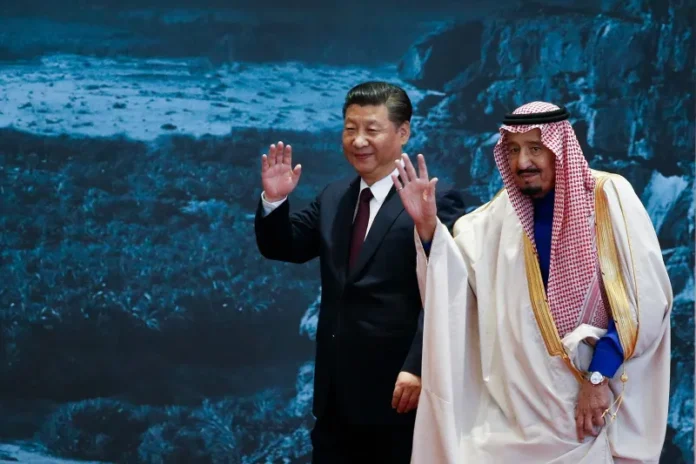Author: Fan Hongda
Affiliation: Shanghai International Studies University (Shanghai, China)
Organization/Publisher: Think China
Date/Place: January 24, 2022/ China
Type of Literature: Opinion
Word Count: 1545
Link: https://www.thinkchina.sg/chinese-academic-beijing-does-not-want-china-replace-us-middle-east
Keywords: Development, Diplomacy, Security, and Hegemony
Brief:
The start of 2020 witnessed a notable Chinese diplomatic activity in the Middle East (ME), especially in the Gulf Cooperation Council states (GCC), shown by official visits to China by several ME countries such as Saudi Arabia, Iran and Turkey. The relations trajectory seems positive due to the shared interest in economic prosperity and the lack of a negative historical experience between both China and the ME. The issue that tops the agenda is security concerns, particularly the GCC’s concerns over Iran. Chinese foreign minister Wang Yi said that China is looking to set up a regional trust mechanism for comprehensive and sustainable security between sides of concern. However, a major pitfall in that mechanism is the current absence of Qatar and Israel from the discussion of security, making any potential planned framework under risk due to the absence of these players. Thus far, the bilateral relations between China and the ME are but a result of natural progression in a long relation fueled by desire for development in the ME—with China offering an opportunity; while the Chinese desire is to increase its much needed diplomatic support on the global stage. It is important to point out that relations here are not special and there is no need to read into them too deeply, as China doesn’t plan to replace the US in the region, and claims of its desire to become a hegemon are unfounded. The ME is heavily attached to the US and its European allies, and the premise that the US is pulling out of the region is also essentially not true.
Critical Commentary: The author illustrates Chinese economic interests in the Middle East but doesn’t give a hint to internal dynamics of the region in relation to China’s foreign policy, particularly to the trust mechanism to which he alludes. This silence makes it unclear on how China could proceed in a region divided among different players, each under pressure from US hegemony. Moreover, how China would navigate US hegemony is not discussed.
By: Omar Fili, CIGA Research Assistant




